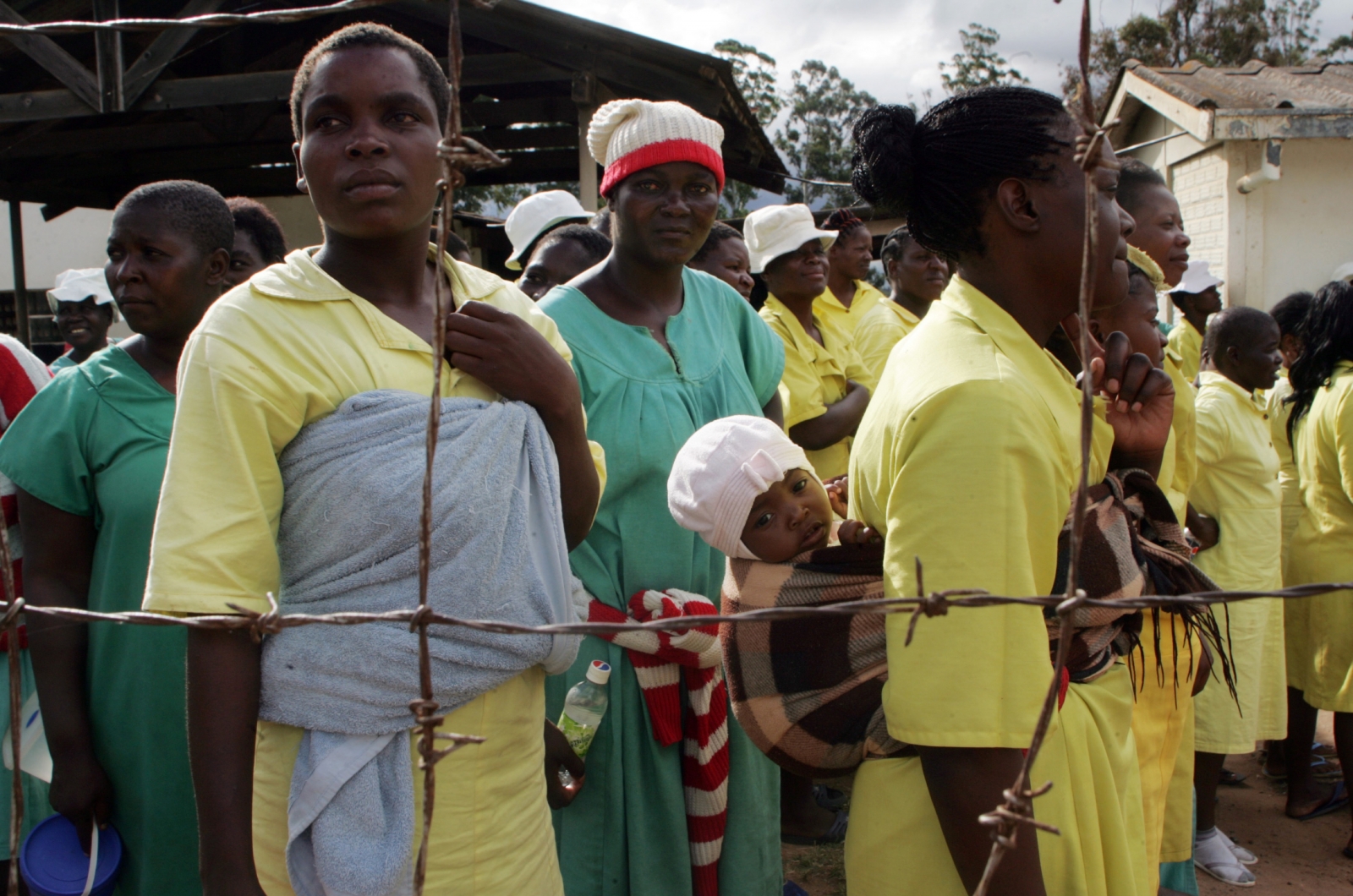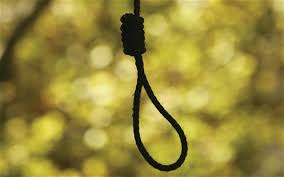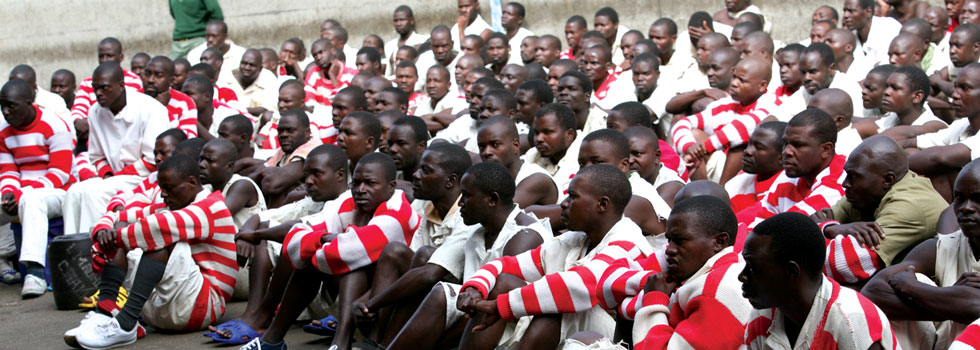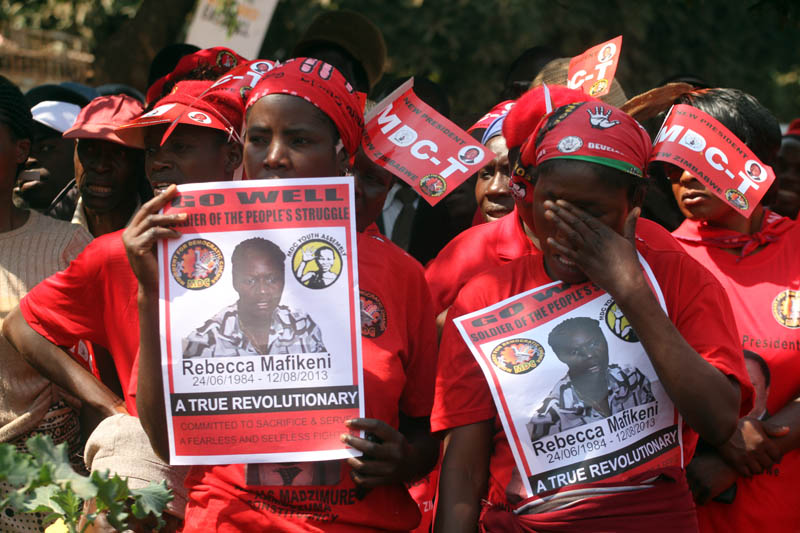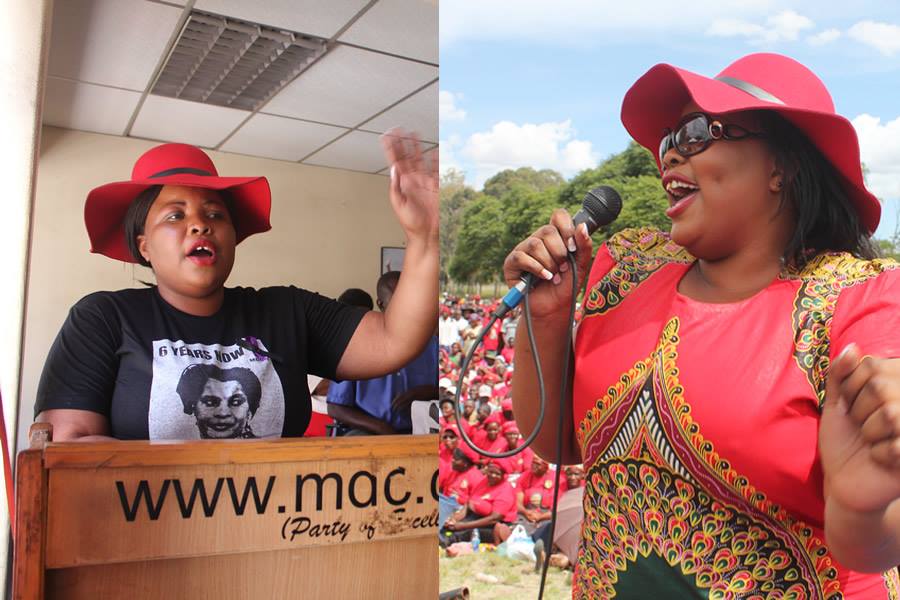
On Monday, in Harare, Yvonne Musarurwa and two comrades were sentenced to twenty years in prison. Photos show Yvonne Musarurwa immediately after the sentencing, and she’s smiling, perhaps laughing. As it was in Hades and then Algeria, so in Zimbabwe today, “The struggle itself towards the heights is enough to fill a woman’s heart. One must imagine Yvonne Musarurwa happy.”
In 2011, 29 MDC-T supporters were arrested on suspicion of having killed a police officer. In 2013, 21 were acquitted because of lack of evidence. There was no evidence, and yet they remained behind bars, in Chikurubi, some for more than two years. The High Court Judge Chinembiri Bhunu took great pains to discuss the case of human rights activist Cynthia Manjoro. Manjoro had been released on bail in 2012, after a State witness testified that Manjoro had been arrested “as bait” to lure her boyfriend into a trap. Cynthia Manjoro spent May 2011 to October 2012 in prison. That left eight in the hellhole of Chikurubi. In August 2013, Rebecca Mafukeni died … or was killed. Rebecca Mafukeni had meningitis, she was clearly deteriorating quickly when the judge repeatedly refused bail and all appeals for medical attention were rejected.
Yvonne Musarurwa was with Rebecca Mafukeni in Chikurubi Prison and recalled the ordeal: “The first weeks in police custody were the toughest. We were being interrogated, beaten and tortured. I’ve never felt so much pain in life before. I sustained a broken hand; lacerations all over the body and the only thing I got for all that were a few tablets of paracetamol. They said we were MDC and that there was every chance we would influence the other prisoners and clash with others from ZANU PF. This is why they kept us in solitary confinement. The conditions though were very bad. We stayed in cells that had raw sewage passing through and we cleaned that up using our bare hands. That was the most difficult part and I told myself the day Zimbabwe is free from tyranny, I will personally go to the Minister of Justice and those in charge of prisons to tell them exactly what needs to be done.”
That was 2013. This week, three years later, Yvonne Musarurwa, Tungamirai Madzokere, and Last Maengahama were sentenced to 20 years, despite eyewitnesses stating in court that the three were innocent, despite a complete lack of evidence, despite video evidence that Last Maengahama was in a church miles away when the officer was killed. According to Beatrice Mtetwa, who leads the defense team, the three were convicted based on the doctrine of common purpose, an archaic doctrine by which one may be found guilty of another’s crime. The State went to great lengths to convict Yvonne Musarurwa and her colleagues.
Yvonne Musarurwa is 29 years old. She has spent the last five years in the clutches of the State for a crime she never committed. How many more years until Yvonne Musarurwa, and the rest of Zimbabwe, are freed from prison for a crime they never committed? In Zimbabwe, the State is the crime. For now we must continue to imagine, and see, Yvonne Musarurwa smiling, knowing exactly what needs to be done.

(Photo Credit 1: Nehanda Radio) (Photo Credit 2: Nehanda Radio)
